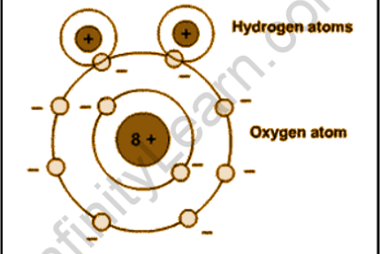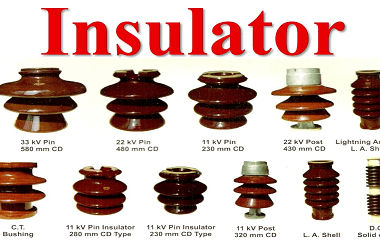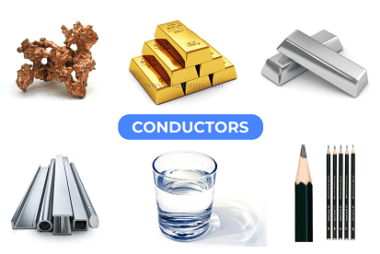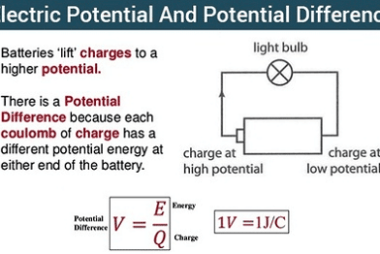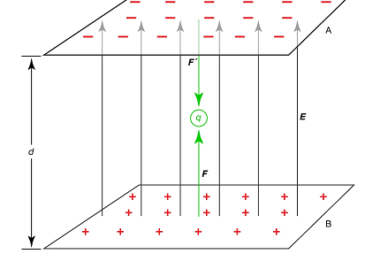Crash Course AIIMS-SYLLABUS Physics syllabus Superposition principle
Superposition principle The Superposition principle is a fundamental concept in physics that states that when two or more linear waves or physical quantities are present simultaneously in a system, the resulting wave or quantity is the algebraic sum of the individual waves or quantities. According to the Superposition principle, the effects of different waves or…



